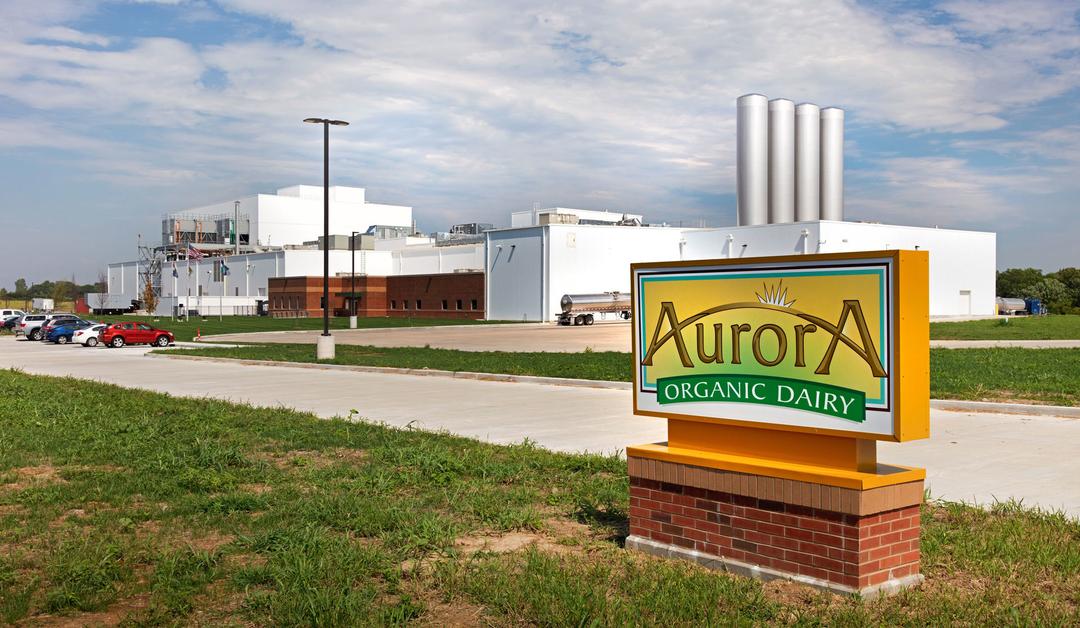Food facility construction is the process of erecting a building or other structure designed to house food production, storage, and distribution operations. It is a highly specialized process that requires a great deal of planning, expertise, and attention to detail. In recent years, the demand for food facility construction has grown significantly due to the increasing demand for food production and distribution.

The benefits of food facility construction are numerous. Firstly, it provides a safe, efficient means of providing food for consumers. Food facility construction ensures that food is stored and distributed in an orderly and safe manner. This helps to reduce the risk of food-related illnesses, as well as ensuring that food reaches consumers in a timely manner. Secondly, food facility construction helps to improve the overall aesthetic of the area in which the facility is located. This helps to attract more customers and increase business revenue. Lastly, food facility construction can help to create jobs in the local area.
Despite the many benefits of food facility construction, there are several challenges that must be faced. Firstly, food facility construction is a costly process. The cost of construction materials and labor can be prohibitively expensive for some businesses. Secondly, food facility construction requires a high degree of expertise. This means that any mistakes made during the construction process can have serious consequences. Lastly, the process of obtaining the necessary permits and licenses needed to build a food facility can be lengthy and complicated.
In conclusion, food facility construction is a specialized process that has many benefits but also a few challenges. It is important to consider the cost, expertise, and permits required before starting the process. By doing so, businesses can ensure that their food facility is built in a safe and efficient manner.
/cdn.vox-cdn.com/uploads/chorus_image/image/51867435/Eli_Preferred_Headshot.0.jpeg)